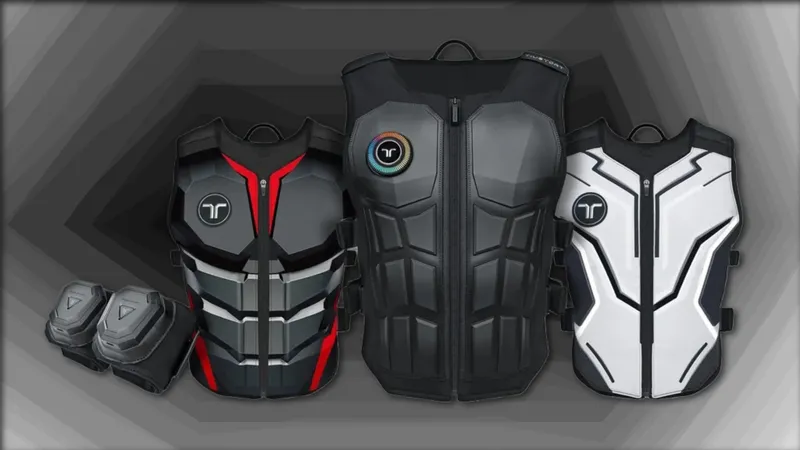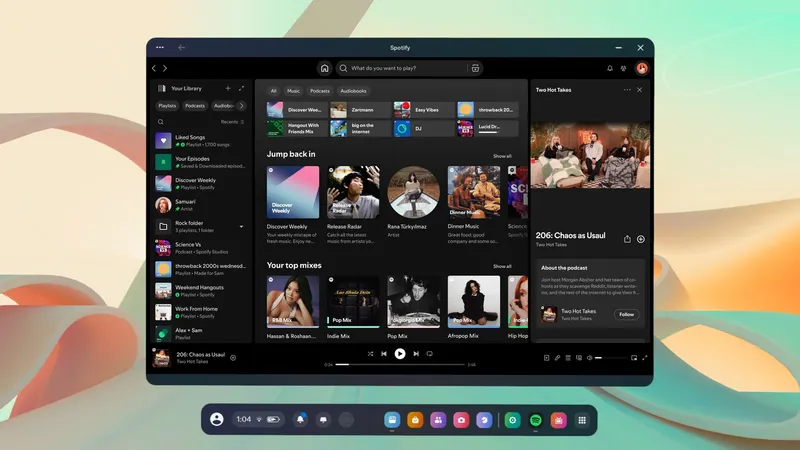ByteDance is working on a lightweight Pico headset with a tethered puck similar to Meta's ultralight headset, The Information reports.
In its latest report, Juro Osawa and Wayne Ma from The Information cite three sources as informing them ByteDance, Pico's parent company, is working on a “lightweight mixed reality device” resembling a pair of goggles. The unnamed headset is said to use a tethered compute puck in a similar approach to Meta's ultralight Horizon OS headset, aiming to reduce the device's weight.
Though the design and specifications haven't been finalized yet, this upcoming device is described as having a similar shape and size to Bigscreen Beyond. The Information also reports that ByteDance is developing “specialized chips” similar to the R1 Chip used for Apple Vision Pro.
While it was previously reported in late 2023 that Pico 5 had been cancelled to explore creating a high-end Apple Vision Pro competitor, Osawa and Ma advise that Pico's focus has now shifted away from this. Instead, ByteDance is taking a similar approach to the ultralight Horizon OS headset.
When asked for clarification by UploadVR on this report, ByteDance provided no comment.
ByteDance has never been one to shy away from following Meta's example. Last year saw it launch the first direct competitor to Quest 3 with the Pico 4 Ultra, using the same Snapdragon XR2 Gen 2 chipset with its specs boasting increased RAM and battery size but a lower maximum refresh rate.
As for Meta's own ultralight Horizon OS headset, The Information states that it's now scheduled to arrive in 2027. This conflicts with our own sources, backed up by The Wall Street Journal and VR enthusiast Luna, that Meta hopes to launch this headset by the end of 2026. While it was formerly codenamed Puffin, Osawa and Ma state the new codename is 'Phoenix.'
Since then, other details have emerged about Meta's open-periphery Horizon OS headset. The Wall Street Journal reported it could be priced “less than $1000” and that Meta is discussing with Hollywood firms like Disney and A24 about creating immersive video content for it.
Datamining from Luna also suggests this could support automatic IPD adjustment, meaning the lenses move automatically to match the separation of your eyes rather than needing manual adjustment. This could potentially use a facial unlock system too, similar to the iris scanning authentication method used on Apple Vision Pro.
Fellow VR enthusiast Brad Lynch also advised one candidate headset model uses 0.9-inch micro-OLED displays. However, Meta is exploring multiple display system approaches for Puffin/Phoenix with differing price points, meaning this is liable to change until it chooses which one to ship.


































